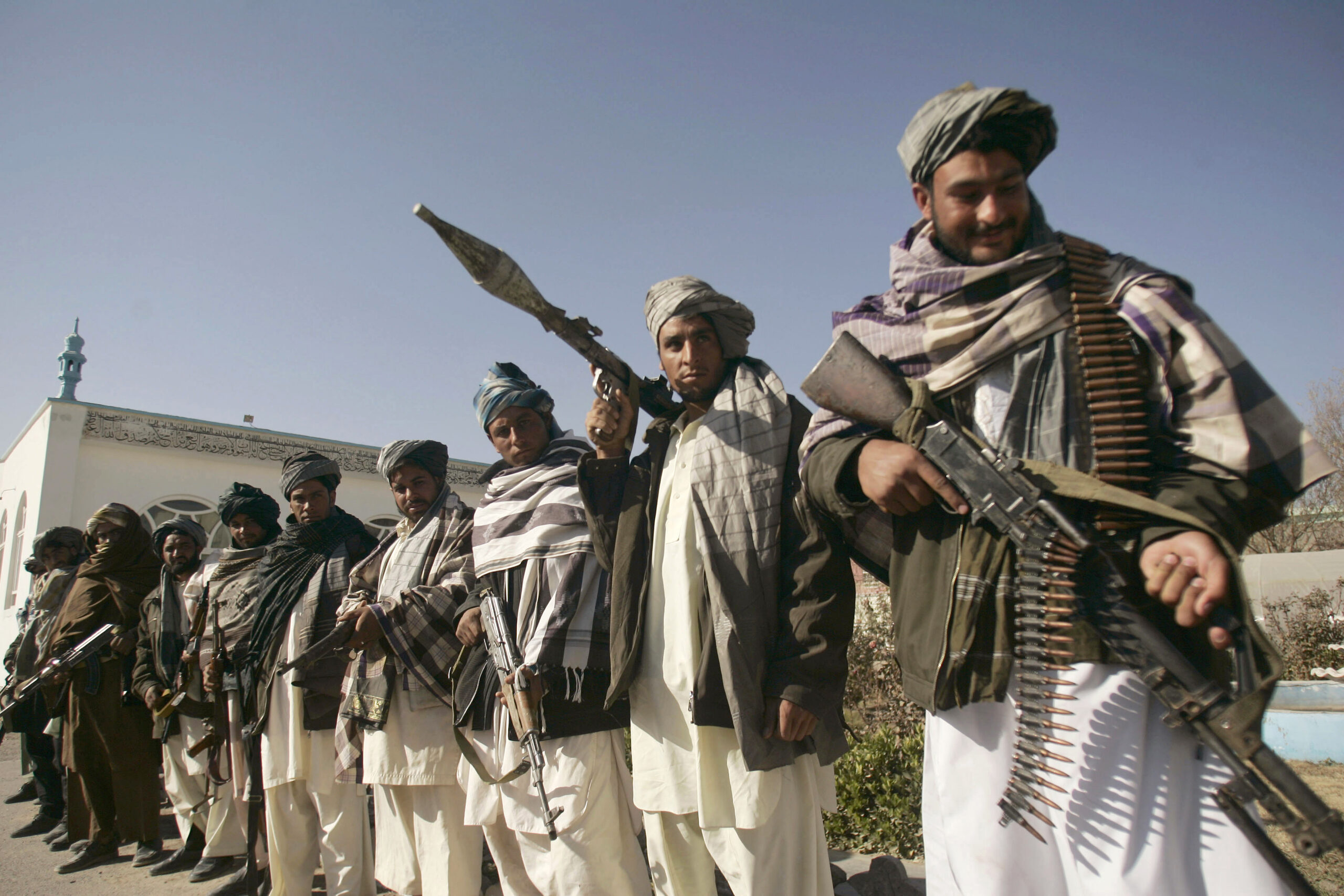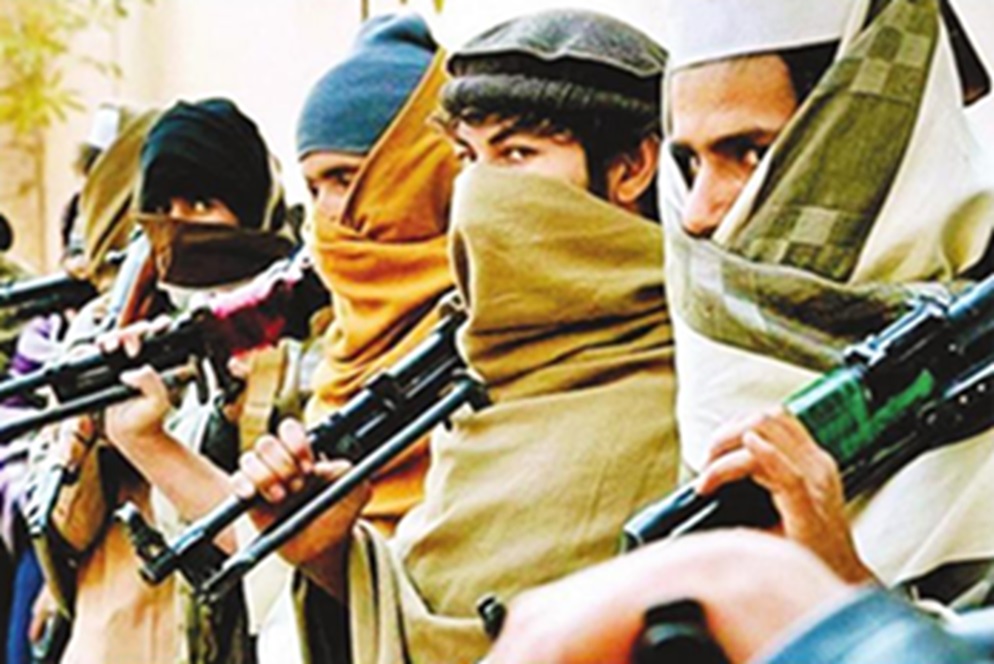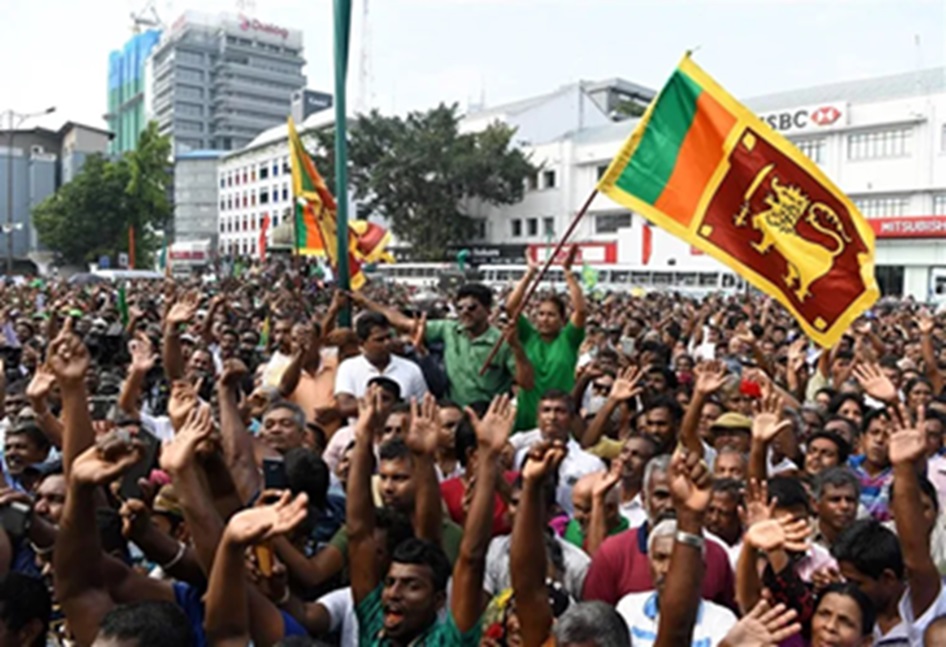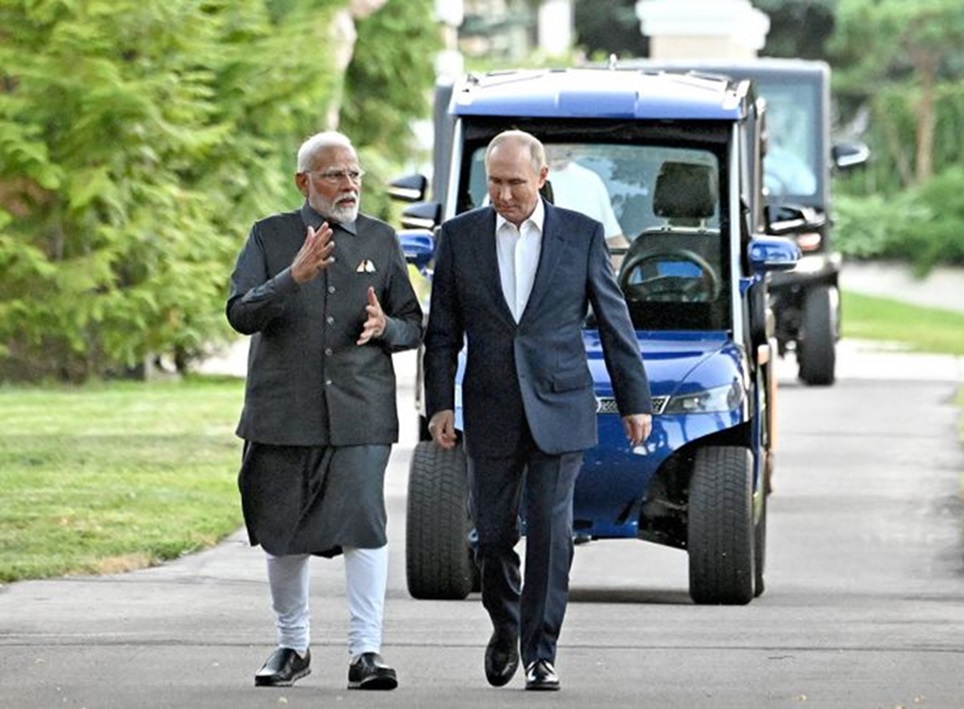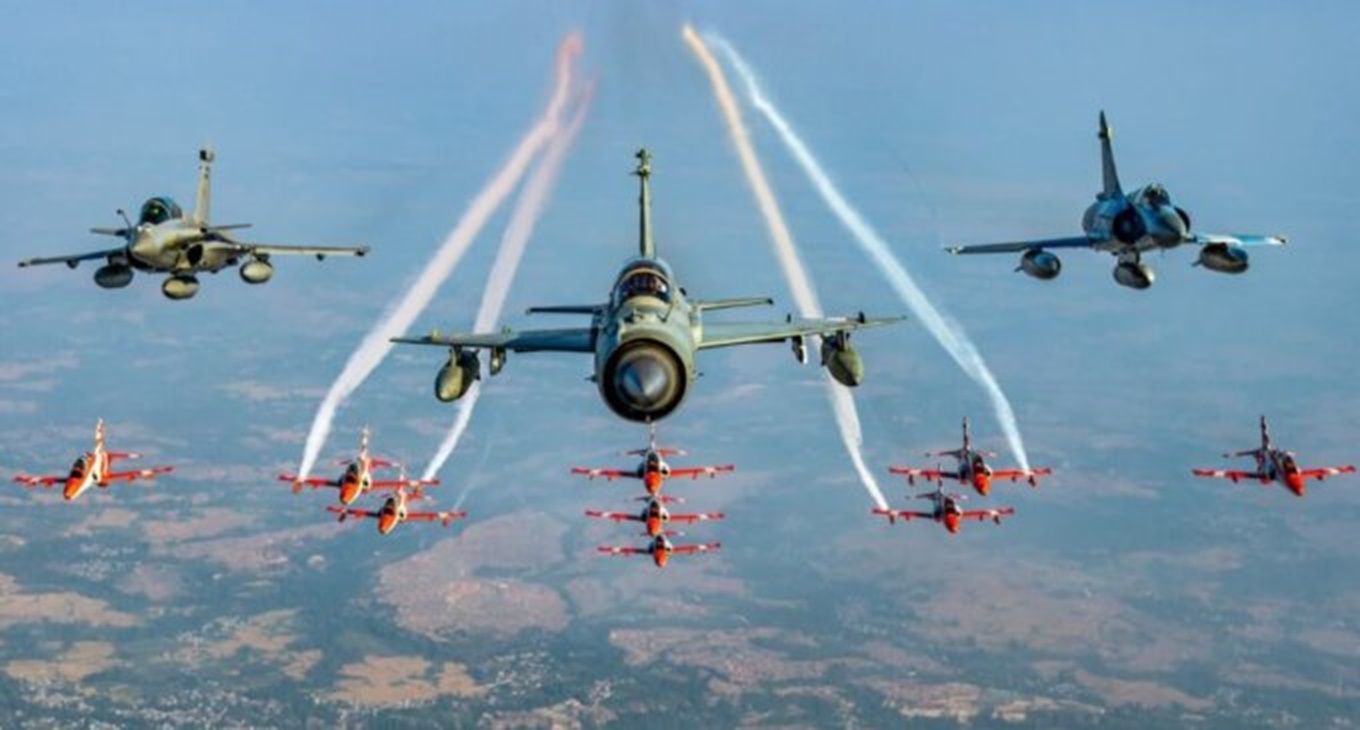As per Indian philosophy, the life-events be it of an individual or nations move in the form of a circle, that endless, seamless circular motion which continuously rotates the wheel of zenith and nadir, reshaping the power structure. The US-Taliban deal on 29 February 2020 has reversed the situation of 18 years back when the later was defeated and shunted out of power. The deal heralds the resurgence of the extremist group and places it in the centre-stage of Afghan politics. While it has been boisterously titled as “Bringing Peace for Afghanistan” the irony couldn’t have been deeper. Even a naïve eye can discern its fragility, political compulsions, and the real benefactor just beneath the barely decorated veneer.
Adversary Resurrected
Since Afghanistan holds a strategic importance for India, the latter has cautiously watched the developments and has given a very measured response. India has always been wary of the radical group from a moralist perspective of dealing only with a democratically elected government. The memory of IC 814 hijack in 1999, forced release of Masood Azhar, the detonation of Buddha sculpture in Bamiyan and Taliban’s closeness with Pakistan justifiably make India view it as an adversary. However, India’s presence during the deal shows its modified strategy by acknowledging Taliban as an important player in Afghanistan, though its emphasis on Afghan-led, Afghan-owned and Afghan-controlled peace process remains unchanged.
For India, the reasons to be apprehensive are many. First of all, the deal has weakened the position of the elected government which acted as a strategic asset for India vis-à-vis Pakistan’s influence in Afghanistan. Since Taliban are Pakistan’s beneficiaries, there is a real danger of Afghan land being used to train terrorists against India. The Taliban’s promise in the deal only includes safeguard for “US and its allies” against terror operations by “any of its members, other individuals or groups, including Al Qaeda”. India not being a US ally, and terror groups like Jesh-e-Mohammed and Lashkar-e-Toiba not being mentioned leave India exposed.
Radicalization and Terrorism
Since Taliban profess to rule by Sharia and have shown a scant regard for rule of law, elections, democracy, and constitution, radicalization can be expected to grow. This is a threat to the entire world, but more so for India as it shares border with Afghanistan, in the sensitive region of Kashmir. The example of US surrendering a country in the hands of an extremist group may inspire Kashmiri youth to pick up arms. Pakistan may project this example in its propaganda in Kashmir to entice Kashmiri youth into militancy. Moreover, the freed Taliban militia may be shifted from Pakistan’s western border to its eastern border to fuel militancy in the valley. The border area of Nangharhar is known to be a Taliban stronghold and shifting of Taliban’s focus from US to India is a real possibility.
Instability and Implications
The deal includes two major aspects: phased withdrawal of US and NATO forces within 14 weeks and initiating “intra-Afghan dialogue”. The latter seems a hogwash as Taliban doesn’t consider the elected government as legitimate ruler, and the same was kept deliberately out of the discussions held prior to the deal. Similarly, the government has questioned US authority to include clauses on its behalf about the prisoner’s release. The prospects of a harmonious co-existence of a democratic government and Taliban appear bleak. Moreover, there is legitimacy discord about the government itself with recently elected President Ashraf Ghani and opposition leader Abdullah Abdullah staking parallel claims. In this scenario, withdrawal of US forces which includes even “non-diplomatic civilian personnel, trainers, advisors, intelligence personnel” would leave the field open for a complete takeover by the Taliban. The country may be plunged in a civil war again, as it is not clear asto how long the Afghan National Army can hold against the much supported Taliban.
Destabilization of Afghanistan through civil war or an extremist takeover is directly against India’s interest as it has invested heavily in the country’s infrastructure. Trade, cultural relations, diplomatic ties, political leverage of having an ally, all stand to be affected. Afghanistan is also India’s gateway to Central Asia and Taliban resurgence may obstruct that connectivity.
Does India have options?
It is true that the hasty deal between US-Taliban in the view of impending US Presidential elections has put at stake the security and stability of not only the Afghan nation, but also the surrounding region. It is undoubtedly a boost to the extremist forces within Afghanistan, Pakistan and elsewhere. India, therefore needs to take preemptive measures to safeguard its interests on diplomatic as well as strategic fronts. Keeping the channels of communication open with the Taliban is a compulsion now. In addition, India shall collaborate with the major stakeholders i.e. Russia, US and Saudi Arabia to put pressure for sustained and fruitful intra-dialogue to provide strength to the democratic government. Meanwhile it should continue to empower the Afghan forces by military aid, equipment and training to face Taliban in case of a civil war, and to safeguard India’s investment assets. Security apparatus on India’s western and north-western border needs to be made more comprehensive by incorporating technological elements such as thermal sensors, radars, aerial surveillance etc. A well thought anti-radicalisation program needs to be implemented in valley. India shall leverage its recently earned goodwill during the Covid time to rally the world forces together and form an alliance to back the elected government in Afghanistan. As China faces an unprecedented unfavourable attitude from the world, and India has upped the PoK rhetoric, it is time to leverage India-US closeness to sideline Pakistan and China both. It will serve dual purpose of reducing their influence in Afghanistan and securing India’s interests in entire Kashmir.
Taliban resurgence has rightly increased India’s worries but as compared to 1990s, India is in a much stronger position today. With India scheduled to get UNSC non-permanent seat in Jan 2021 for two years, and it’s emergence as counter power to China in Asia, it is well poised to gather diplomatic support to safeguard its interests in the neighborhood.
image courtesy:https://www.washingtonpost.com/world/asia_pacific

